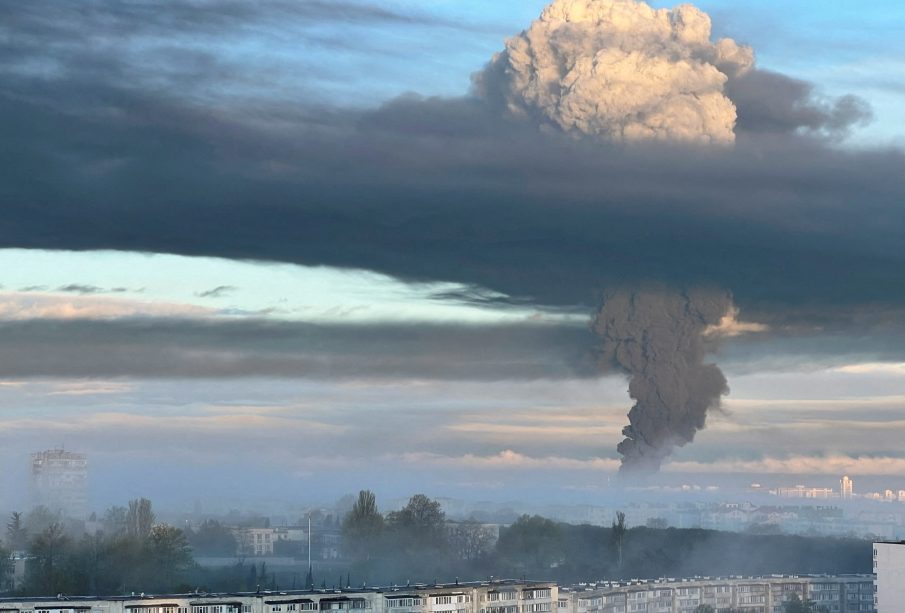Understanding Crimea: Recent Developments and Implications

Introduction
Crimea has been a focal point of geopolitical tensions since it was annexed by Russia in 2014, leading to significant consequences for international law and regional relations. The strategic location of Crimea in the Black Sea and its implications for NATO and European security make it a topic of ongoing importance. As the world grapples with the consequences of this annexation, understanding the current situation in Crimea is essential for anyone interested in international relations or security studies.
Recent Developments
Since late 2022, tensions have escalated again in Crimea, particularly due to ongoing military activities and infrastructure developments by both Ukrainian and Russian forces. The Ukrainian government has continued to emphasize its commitment to reclaiming the region, with President Volodymyr Zelenskyy stating that Crimea is integral to Ukraine’s sovereignty. On the other hand, Russia, in an attempt to solidify its control, has bolstered military installations and increased security protocols in the peninsula.
Moreover, in recent months, there have been reports of sabotage incidents targeting Russian logistics and military assets within Crimea. These developments highlight the persistent struggle for influence over the region, posing challenges for both Ukrainian resistance efforts and Russian military strategy.
International Reactions
The international community remains divided on the issue of Crimea. Countries in the West, including the United States and members of the European Union, have maintained sanctions against Russia due to its annexation and have reiterated their support for Ukraine’s claims to the territory. Conversely, some nations, particularly those with closer ties to Russia, have either refrained from recognizing Ukraine’s claims or have supported Russia’s position. This geopolitical divide underscores the complexity of the situation.
Conclusion
The significance of Crimea in the global arena continues to evolve, with implications for security, diplomacy, and international law. As military operations persist and the geopolitical landscape shifts, it is crucial for global leaders and scholars alike to monitor developments in Crimea closely. The ongoing conflict not only affects regional dynamics but also has far-reaching consequences for international stability. Eyewitness accounts and analyses will be essential as events unfold, shaping the future of Crimea and influencing broader discussions about sovereignty and territorial integrity.









